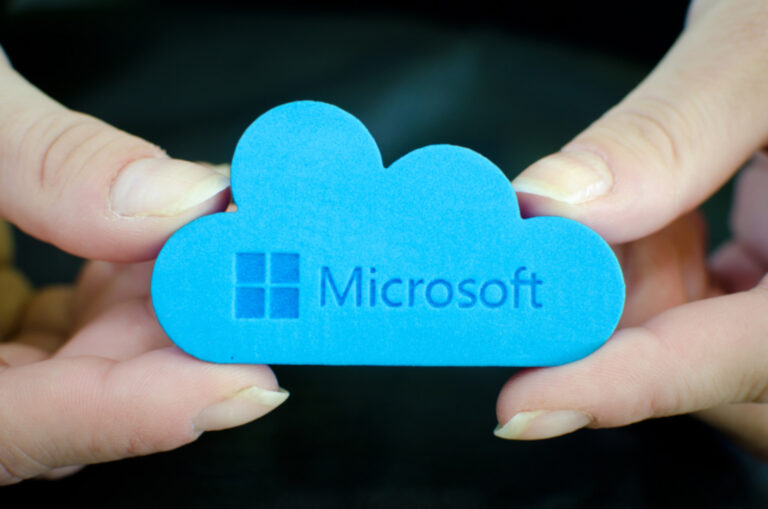
Microsoft has declared the .NET Framework API porting project complete, five years after .NET Core 1.0 was released.
The milestone for Redmond’s Windows, Linux and Mac framework was announced in a blog by Immo Landwerth, programme manager on Microsoft’s .NET team.
“With .NET Core 3.0, we’re at the point where we’ve ported all technologies that are required for modern workloads, be that desktop apps, mobile apps, console apps, web sites, or cloud services,” he said.
It means there will be no more ports from .NET Framework – which means fans of AppDomains, remoting, Web Forms, WCF server, and Windows Workflow will need to consider some of the alternatives laid out by Microsoft back in May.
He added, “That’s not to say that we don’t have any gaps or opportunities for new technologies, but we generally believe we won’t be finding them in the .NET Framework code base anymore. Moving forward, we’re focusing our resources on incorporating new technologies.”
Some of those gaps will likely be filled by the community at large, with Landwerth saying Microsoft was looking to release more of the .NET framework code under the MIT license, “to allow the community to create OSS projects for technologies we’re not intending to bring to .NET Core”. For example, there already are community projects for CoreWF and CoreWCF.
The 1.0 release of .NET Core featured around 18,000 of the .NET Framework APIs he said, a number which climbed to 38,000 in 2.0, as the team looked to make it easier to share code between .NET and Xamarin.
The addition of WPF and WinForms has helped boost the total number of .NET Framework APIs to over 120,000, “which is more than half of all .NET Framework APIs”.
Once 62,000 APIs that didn’t exist in .NET Framework are taken into account, Landwerth continued, Core has roughly “80% of the API surface of .NET Framework.”
